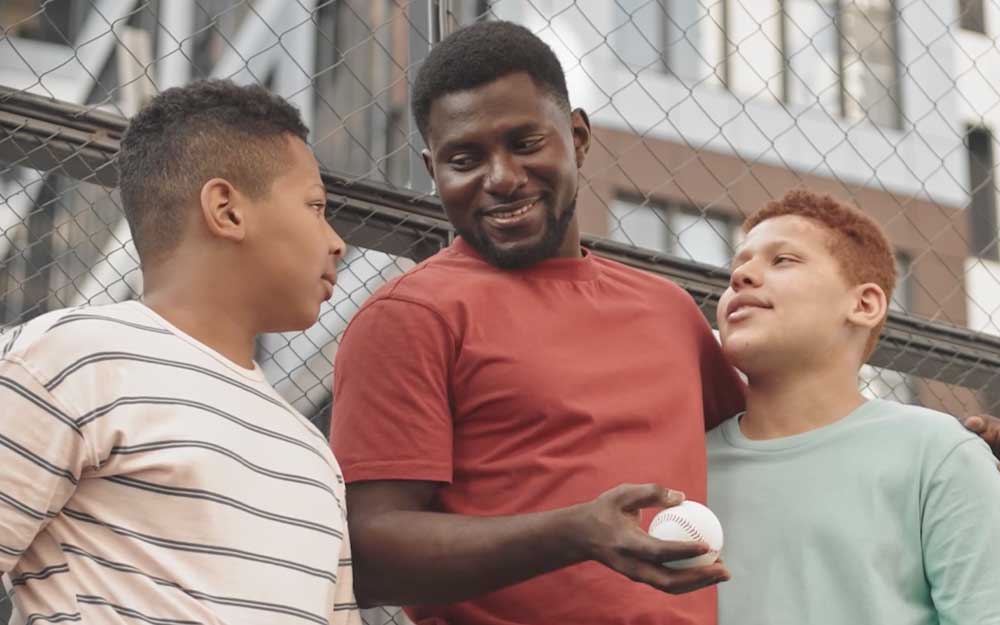We’ve come a long way in how we view and treat people with addiction, also known as substance use disorders. In the past, if someone you loved had an addiction, that person was seen as “less-than” and weak.
Thankfully, times have changed, and because of extensive research, we’ve learned that substance use disorders are brain diseases. Those affected suffer from symptoms daily, just like someone with any other illness.
Addiction doesn’t discriminate. Those dealing with the disease can be anyone you know:
- Teenagers
- A stay-at-home parent
- The president of an international company
- Homeless people
- A decorated veteran
- Your neighbors
Research has also uncovered that genetics play a role substance use, and it often runs in families.
“That could be nature– genes, or nurture–growing up in a family where substance use was considered the norm and the child didn’t know anything different,” says Michelle Maloney, PhD, LPC, CAADC, CRPS, system executive clinical director of Addiction Services. “With this recent understanding of the role of genetics, we have changed the way we treat substance use disorders.”
Do you want to learn more about substance use? Check out this video that’s part one in a nine-part video series about substance use.
Are you worried your teen may be addicted to drugs or alcohol? Take this teen drug and alcohol use quiz.
Request a free screening for you or someone you love by calling 800-767-4411. Rogers provides compassionate care that helps people rise above mental health and addiction.


